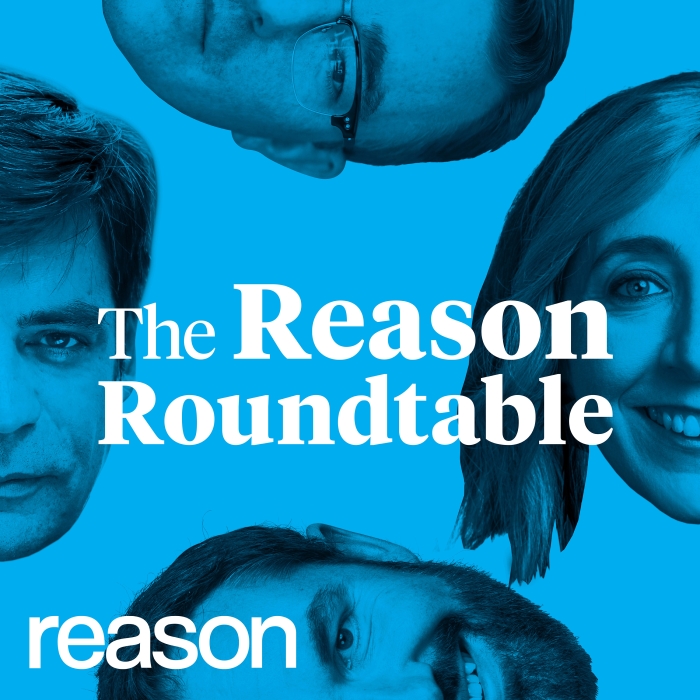Podcast Episode Details
Back to Podcast Episodes
To Honor Charlie Kirk, Reject Cancel Culture
This week, editors Peter Suderman, Katherine Mangu-Ward, Nick Gillespie, and Matt Welch confront the aftermath of Charlie Kirk's assassination. They open with reflections about the history of political violence in the U.S. and whether reactions online are amplifying fear rather than clarity. The panel critiques early attempts to pin the blame on social media—highlighting Trump and Utah Gov. Spencer Cox's calls for new restrictions—while contrasting them with Colorado Gov. Jared Polis's argument that responsibility rests with individuals, not platforms.
The panel also considers how quickly tragedies get folded into pre-existing narratives, and whether calls for broad regulation risk undermining civil liberties without addressing the real problem. The conversation then turns to attempts to punish speech, including proposals to fire public-university employees and revoke licenses for those who made offensive remarks about Kirk's death. A listener question about the books on the panelists' shelves offers a brief detour, with each host highlighting a few favorites in view of the camera.
"Is mass immigration good for America?" Join us for a Reason Versus live debate on October 2 in Washington, D.C.
0:00–The role of social media in Charlie Kirk's assassination
18:15–Crisis politics and the growing censorship creep
39:30–What is the path forward?
52:30–Listener question on host's bookshelves
58:00–Weekly cultural recommendations
Mentioned in This Podcast:
"Social Media Didn't Kill Charlie Kirk", by Elizabeth Nolan Brown
"The Standard for 'Vicious' Speech Trump Laid Out After Kirk's Murder Would Implicate Trump Himself", by Jacob Sullum
"What the Messages on the Bullets of Charlie Kirk's Assassin Mean", by C.J. Ciaramella
"Charlie Kirk and America's History With Political Violence", by Nick Gillespie and Matt Welch
"The Killing of Charlie Kirk: 5 Idiotic Responses on Social Media", by Robby SoaveWhat If "We Acted Like Political Violence Was a Problem?", By Matt Welch
"The Apocalyptic Faithlessness of Trump/Bannon Conservatism", by Matt Welch
"Politically Motivated Violence is Rare in the United States", by Alex Nowrasteh
Upcoming Reason Events:
Reason Versus — Mass Immigration Is Good for America, October 2
Today's Sponsor:
Therapy can feel like a big investment, but the state of your mind is just as important as your physical health. Let's talk numbers. Traditional in-person therapy can cost anywhere from $100 to $250 per session, which adds up fast, but with BetterHelp online therapy, you can save, on average, up to 50 percent per session. With BetterHelp, you pay a flat fee for weekly
Published on 1 week ago